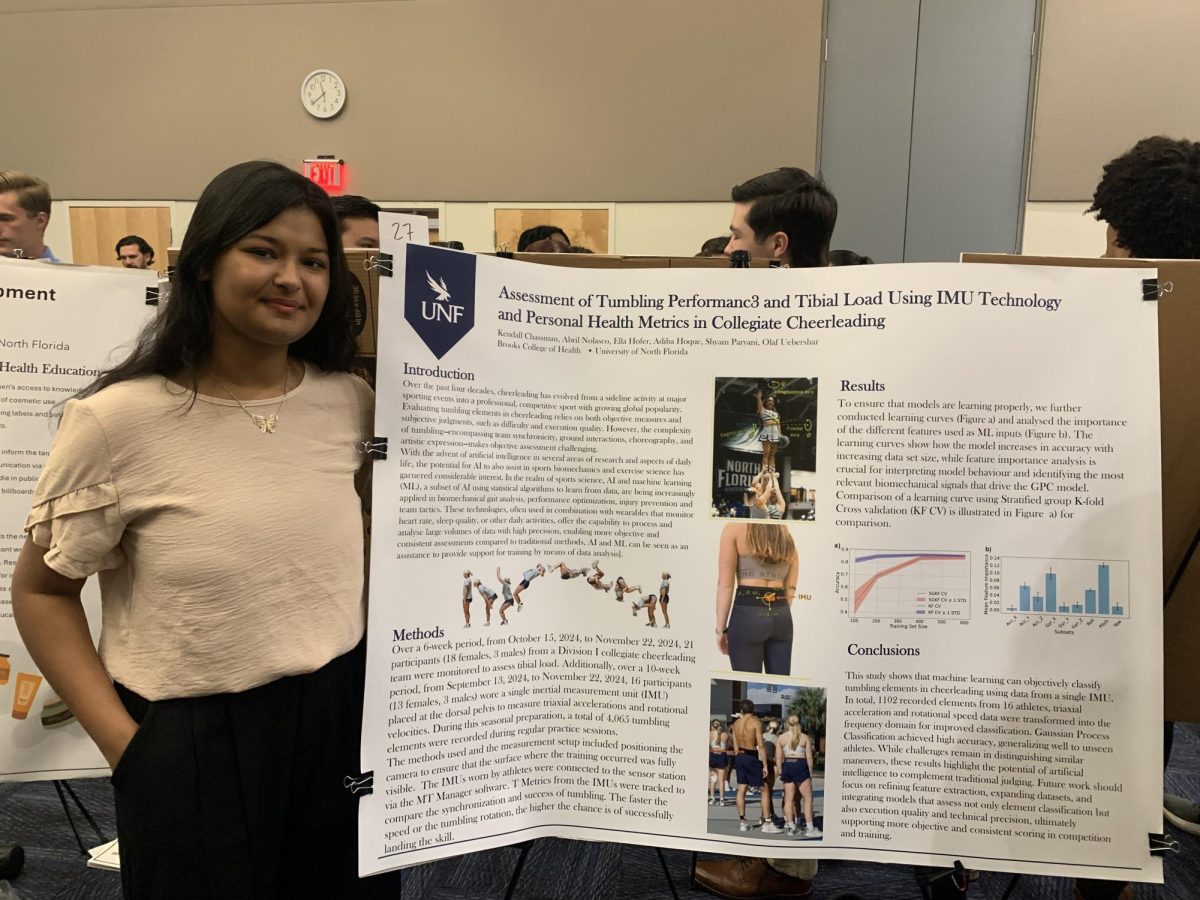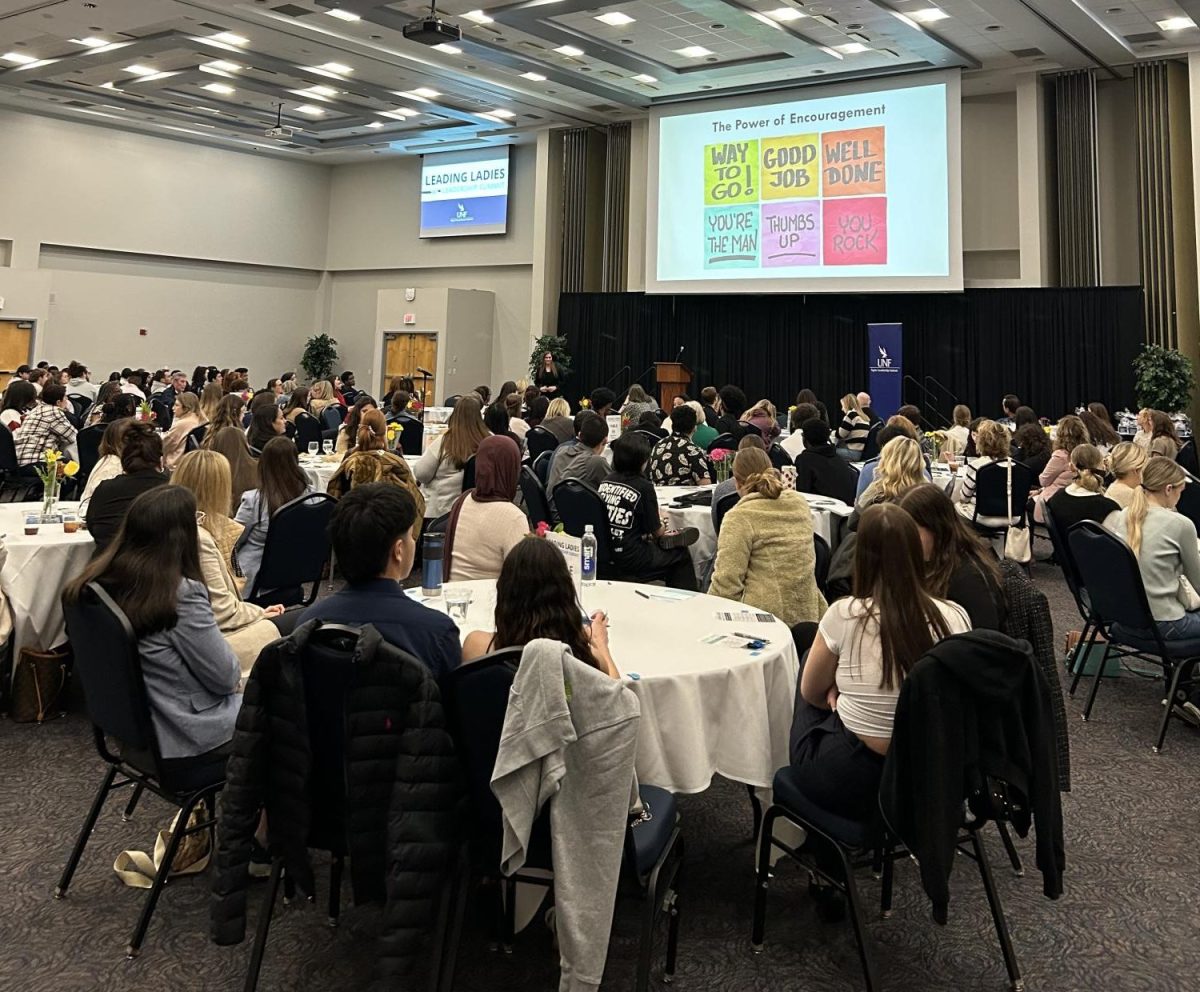Ospreys have a chance to catch the sight of a lifetime Monday – the solar eclipse. Eclipses only happen every 20 years, according to Dr. Chris Kelso, UNF assistant professor of physics. Many students will be watching, whether traveling for a better view staying on campus for the Campus Life viewing party. Kelso said here in Jacksonville, we will see at least 92% of the eclipse.

The contiguous U.S. hasn’t seen a total solar eclipse in decades, so if you’re confused, or not sure what to expect, you’re probably not alone.
Here are some facts you should know about Monday’s celestial event.
- A solar eclipse is when the sun, earth and moon line up side by side and a shadow is casted on earth, according to NASA. It only happens during a new moon.
2. There are four types of eclipses: hybrid, annular, total and partial. The spectacle Monday will be a total solar eclipse.
3. During a total solar eclipse, air temperatures may drop, and it will get dark. The moon completely blocks the solar disk, and the moon will have a darkened shadow known as the zone of totality. It will look like night time during the zone of totality.
4. Looking directly at the sun may be harmful to the eyes. Protect your eyes during the eclipse with solar eclipse glasses, or by watching through a solar viewer you can DIY from a cardboard box.
5. The eclipse stretches from coast to coast and everyone in the U.S can see partial of the solar eclipse. It will be visible in Oregon first at 10:15 a.m. PDT. The eclipse will end at 5:04 p.m. on the Atlantic Ocean.
6. The solar eclipse is very popular so many will be watching from all over the U.S. USA Today reported millions of Americans are expected to travel to see the eclipse and 37 million pairs of solar eclipse glasses have been sold all over the U.S.
7. Nashville, the largest city fully in the path of totality, expects at least 50,000 tourists will travel to the city to see the eclipse. According to USA Today, the city expects the tourists to spend $15-20 million in the city.
8. You don’t need a telescope to see the eclipse, just solar glasses to protect the eyes. The glasses will need to be used during the partial eclipse due to sun being extremely bright.
9. Jacksonville’s partial solar eclipse starts at 1:16 p.m. Monday and ends at 4:13 p.m.
—
For more information or news tips, or if you see an error in this story or have any compliments or concerns, contact editor@unfspinnaker.com.











